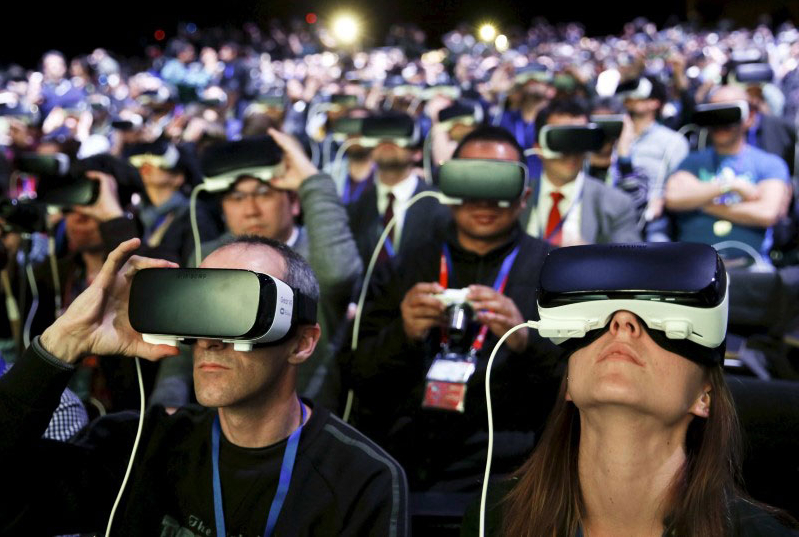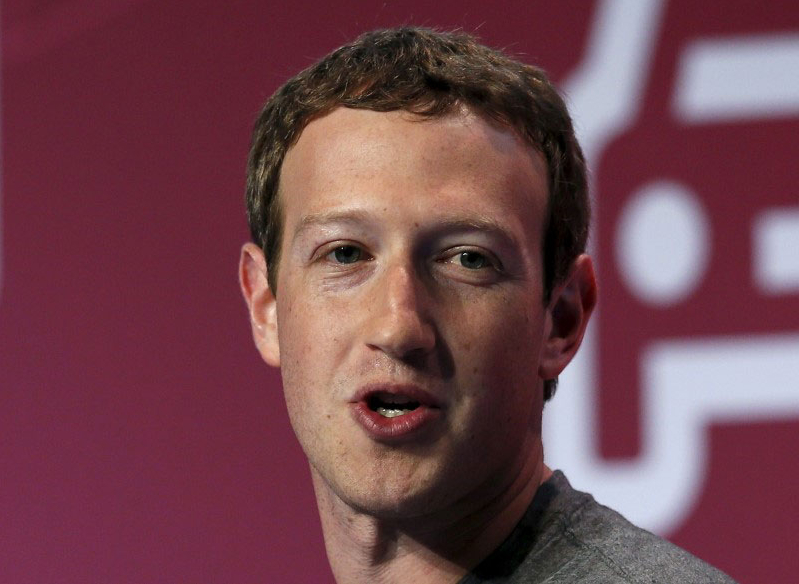

At Barcelona, Spain, there is a big tech expo that started on the 22nd and ending on the 26th. This is the world of Mobile World Congress (MWC) 2016, and so far, it has revealed the new Samsung S7, the LG G5, as well as a price and release date for the HTC Vive. There was another development with Virtual Reality, as Facebook founder Mark Zuckerberg made a surprise appearance at MWC to discuss the future of VR.
According to the Irish Examiner, Mark Zuckerberg called headset technology "the next platform". He also talked about how Facebook has given people "richer tools". He went on to say "going back 10 years most of what we shared was text, and then it was photos. And now we're entering a world where that's video. But pretty soon we're going to live in a world where everyone has the power to share and experience whole scenes as if you're right there in person".
Zuckerberg has a great interest in Virtual Reality that motivated him to purchase the VR firm Oculus back in 2014 for 2 billion. Oculus has partnered with Samsung for the Gear VR headset, and the Oculus Rift will go on sale for $599 in late March.
The Samsung VR headset aren't going to be the only players on the market. As mentioned before, the HTC Vive is going to launch in April for $799, and PlayStation VR is also slated to launch this year.
In short, it looks like we are headed into a new age of VR, which echoes Zuckerberg's sentiment at MWC 2016 when he stated: "VR is the next platform, where anyone can create and experience anything they want. Right now, VR is mostly used for games and entertainment, but that's quickly evolving, and one day you're going to be able to put on a headset and that's going to change the way that you live, work, and communicate."
It is pretty clear that Zuckerberg sees a world where Facebook and VR will be used together. Zuckerberg compares it to "being able to sit in front of a campfire and hang out with your friends any time that you want, or watch a movie in a private theatre." In short, it is a way of having a meeting without anyone ever going anywhere, which would make chatrooms like real rooms for chatting.
Zuckerberg also explained that he wanted to capture his daughter's early experiences using 360-video, which is a requirement for obtaining VR video footage. I would imagine that he wants people to put what is essentially their visual memory on Facebook for the entire world to see, like how users will post photos and 2D videos.
This clearly is the future of VR combined with social networking. Now the big question is whether or not the servers can handle it.






